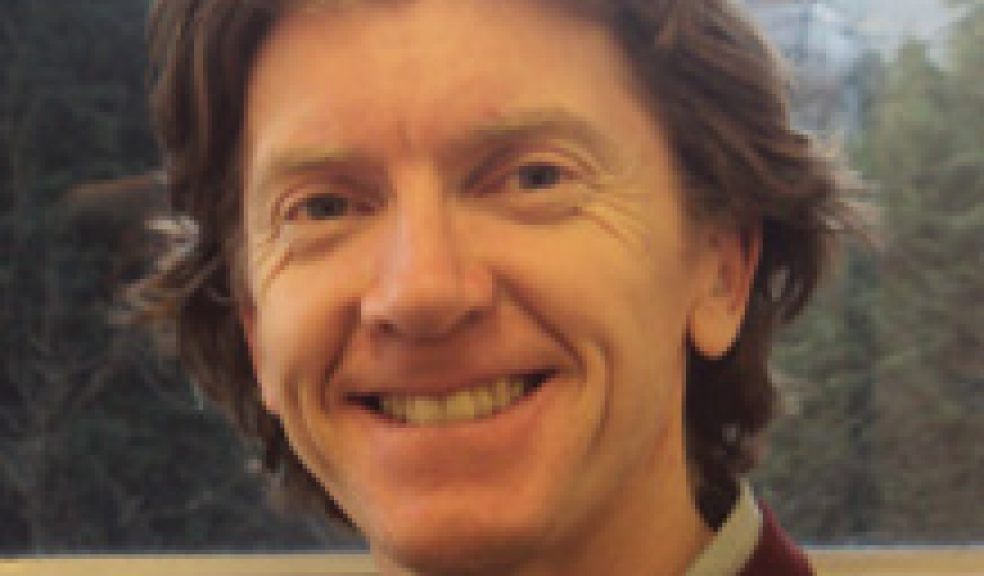
Fracking attitudes project wins funding
Public opinion about fracking will be analysed by a new research project led by the University of Exeter.
Professor Patrick Devine-Wright will lead a team of researchers from Stirling and Cardiff Universities examining public attitudes and community responses to the controversial technique.
Fracking – short for hydraulic fracturing – is a method of releasing shale gas and oil from underground rocks, and its use in the UK is currently being debated.
The Exeter-led project, which will start this September and last for three years, will gather data on how attitudes might vary across geographical areas of the UK or evolve over time.
It is one of seven projects awarded funding by the Natural Environment Research Council (NERC) and the Economic and Social Research Council (ESRC).
“Given national policy support for shale gas, coupled with local controversy and community objections, it is very important to have a rigorous social science evidence base,” said Professor Devine-Wright.
“That has not been the case up to now in the UK.
“This NERC-ESRC funded research will provide important evidence for communities, industry and policy makers in order to better understand public attitudes and community responses to shale gas.”
As well as researching public attitudes to fracking, the project will examine the experiences of communities directly affected by shale gas, for example through site preparation, exploration and extraction.
It will also look at the rationales and practices used by those involved in shale gas, including fracking firms, to engage with people living nearby.
The project builds on previous research led by Professor Devine-Wright on “NIMBY” (not in my back yard) assumptions about community responses to renewable energy and grid powerline projects.
The new project is entitled: “Understanding the spatial and temporal dynamics of public attitudes and community responses to shale gas: An integrated approach.”



















